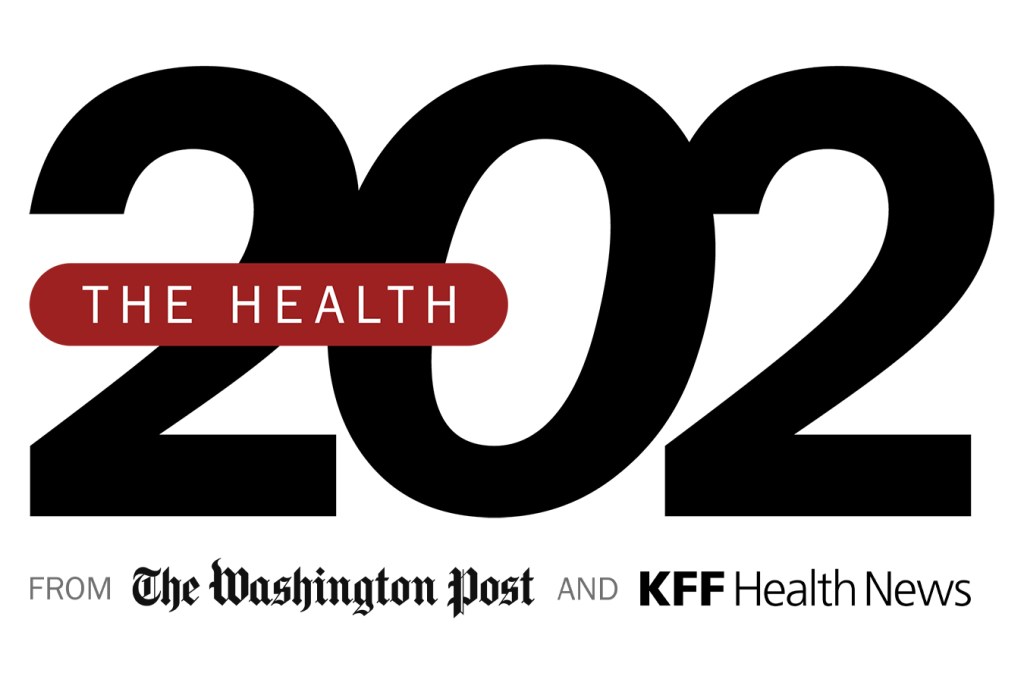Oregon has started providing air conditioners, air purifiers and power banks to help some of its Medicaid recipients cope with soaring heat, smoky skies and other dangers of climate change.
It’s a first-in-the-nation experiment that expands a Biden administration strategy to take Medicaid beyond traditional medical care and into the realm of social services.
“Climate change is a health-care issue,” Health and Human Services Secretary Xavier Becerra told me, adding that states should be encouraged to experiment with ways to improve people’s health.
But Medicaid’s expansion into social services could lead to abuse, especially when government pays for equipment or services that everyone wants, said Sherry Glied, dean of New York University’s graduate school of public service.
“The challenge here is that air conditioners are something that both healthy people and people who have your really serious condition benefit from,” Glied said. “Most people have air conditioners for reasons that have nothing to do with their health.”
Many states are already spending billions of Medicaid dollars on services like helping homeless people get housing and preparing healthy meals for people with diabetes. But Oregon is the first to spend Medicaid money explicitly on climate-related equipment to help its most vulnerable residents — an estimated 200,000 enrollees.
Recipients must meet federal guidelines that categorize them as “facing certain life transitions,” a stringent set of requirements that disqualify most enrollees. For example, a person with an underlying medical condition that could worsen during a heat wave, and who is also at risk for homelessness or has been released from prison in the past year, could receive an air conditioner. But someone with stable housing might not qualify.
“Each person is going to be looked at as what they need for their particular circumstance,” said Dave Baden, deputy director for programs and policy at the Oregon Health Authority, which administers the state’s Medicaid program, with about 1.4 million total enrollees. The program, part of a five-year $1.1 billion effort that includes housing and nutrition services, also pays for mini fridges to keep medications cold, portable power supplies to run ventilators and other medical devices during outages, space heaters for winter and air filters to improve air quality during wildfire season.
Scientists and public health officials say climate change poses a growing health risk. The federal government’s latest climate assessment projects that more frequent and intense floods, droughts, wildfires, extreme temperatures and storms will cause more deaths, cardiovascular disease from poor air quality and other problems.
The mounting health effects disproportionately hit low-income Americans and people of color, who are often covered by Medicaid, the state-federal health insurance program for low-income people.
Most of the 102 Oregonians who died during a deadly heat dome that settled over the Pacific Northwest in 2021 “were elderly, isolated and living with low incomes,” a report by the Oregon Health Authority found.
This article is not available for syndication due to republishing restrictions. If you have questions about the availability of this or other content for republication, please contact NewsWeb@kff.org.
